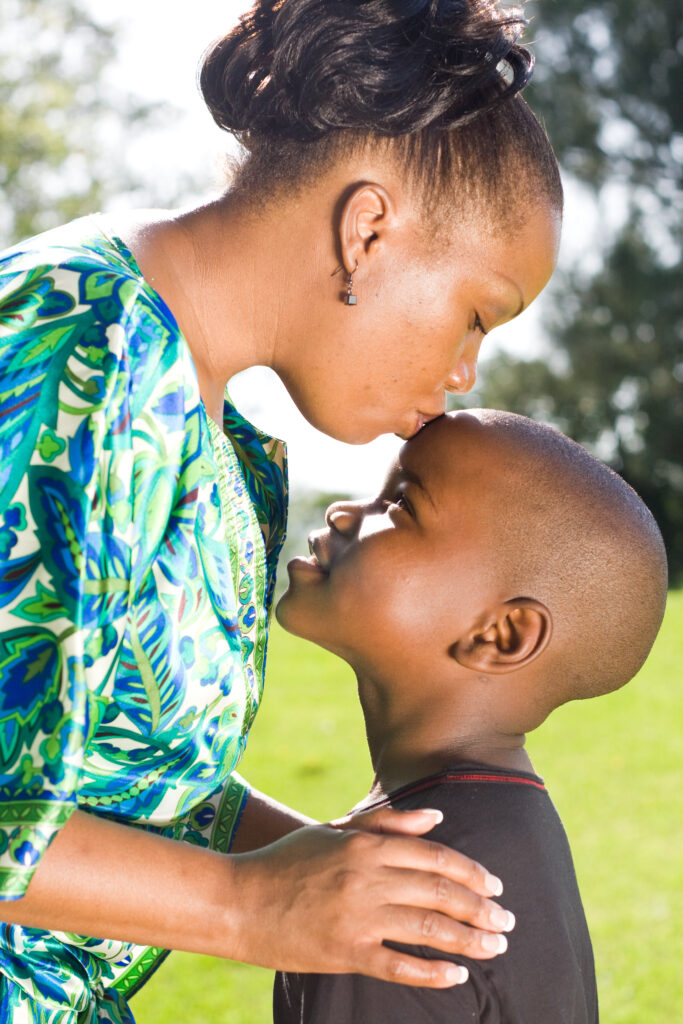Youth in foster care are from your neighborhood! They are youth who want to remain attached to their families despite their experiences. They are youth whose families need the help of your family.
Youth in treatment foster care are often teenagers. They come from many types of backgrounds and families. Some have been exposed to abuse, neglect, domestic violence, or substance abuse. Many are insecure, frightened, confused, and often angry about what is happening to them. Based on their specific life experiences, these youth often present challenging behaviors. Most referrals we receive are for youth over the age of 13. We do receive referrals for younger youth but not as frequently and often come in as sibling sets.


